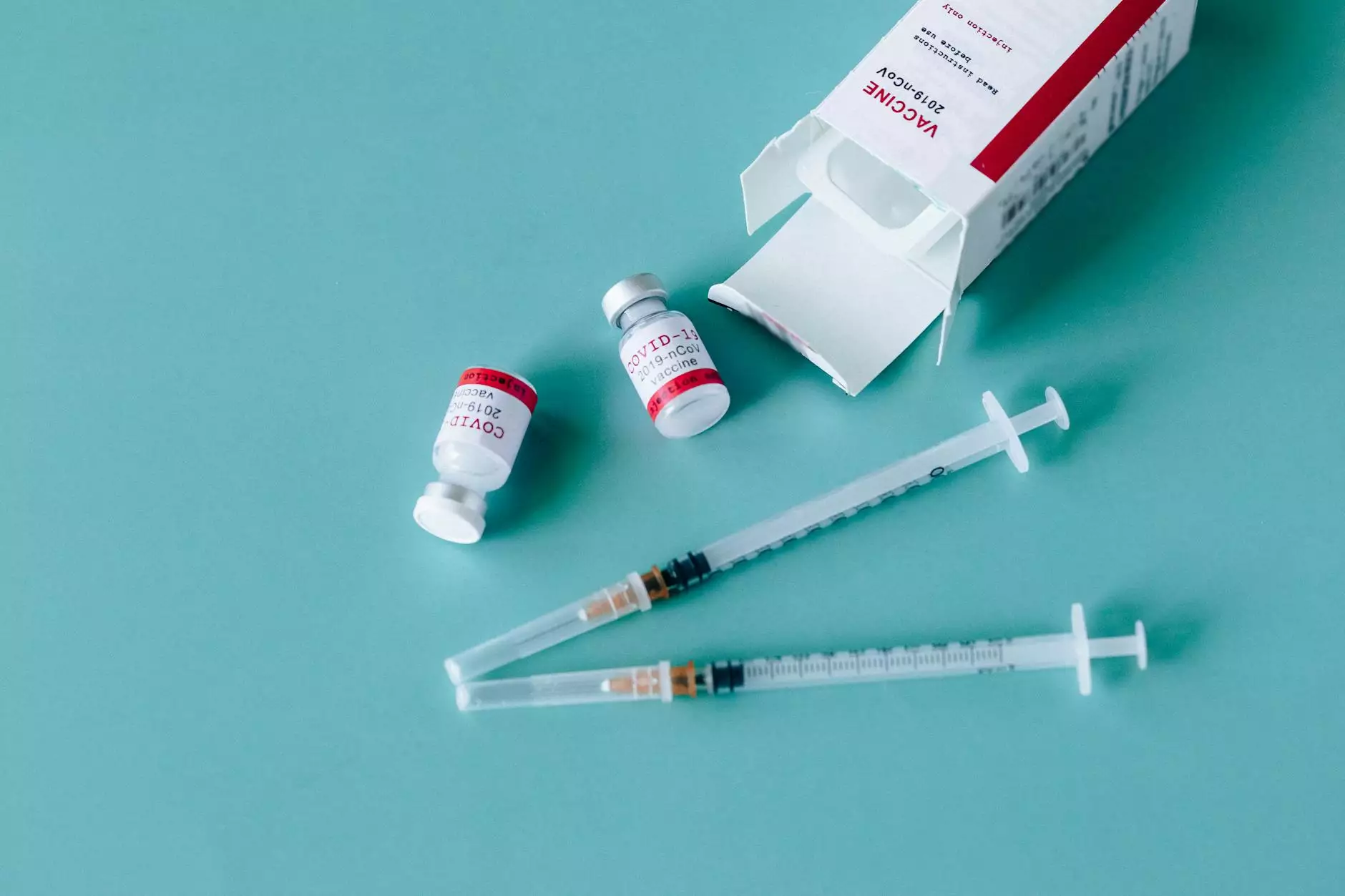Understanding Drug Prices in Lebanon: A Comprehensive Guide

In the dynamic and often challenging landscape of healthcare in Lebanon, drug prices hold significant importance for both consumers and providers. As one of the most critical aspects of the medical sector, the prices of pharmaceuticals directly affect accessibility, treatment options, and overall public health outcomes. This article dives deep into the myriad factors influencing drugs prices in Lebanon, offering insights that can help consumers and healthcare providers navigate this complicated environment.
The Current State of Drug Prices in Lebanon
Recent developments in the Lebanese pharmaceutical market have brought about notable changes in the drugs prices in Lebanon. Fluctuations in the economy, currency devaluation, and local regulations are just a few of the variables influencing these prices. According to various industry sources, patients often find themselves facing escalating costs for essential medications.
Market Overview
The pharmaceutical market in Lebanon comprises a wide range of products including:
- Prescription Medications
- Over-the-Counter (OTC) Drugs
- Cosmetics and Beauty Supplies
- Medical Supplies and Equipment
This market is characterized by both local and international pharmaceutical companies, each contributing to the diversity of available products and the complexity of pricing.
Factors Affecting Drug Prices in Lebanon
The price of medications in Lebanon is influenced by several factors, including economic conditions, regulatory policies, and pharmacy operations. Understanding these elements can provide clarity to consumers.
1. Economic Climate
The Lebanese economy has faced numerous challenges over recent years, including inflation and currency instability. These economic factors lead to:
- Increased Costs of Importation: Many pharmaceutical products are imported, and fluctuations in currency value can drastically change prices.
- Higher Operational Costs: Pharmacies and suppliers often incur higher costs for utilities, transportation, and labor, which can be reflected in drug pricing.
2. Pricing Regulations
The Lebanese government regulates pharmaceutical prices to ensure access to essential medications. However, the implementation and enforcement of these regulations can significantly affect prices. Key regulatory influences include:
- Price Controls: The government sets maximum prices for certain essential drugs to protect consumers.
- Import Tariffs: Tariffs on imported drugs can lead to increased retail prices, affecting affordability.
3. Pharmacy Dynamics
Pharmacies play a crucial role in the distribution of medications and their pricing strategies can vary widely. Factors affecting their pricing decisions include:
- Stock Levels: Pharmacies with low stock might increase prices due to scarcity.
- Bulk Purchasing: Larger pharmacies may negotiate better prices with suppliers, allowing them to offer lower prices to consumers.
Impact of Drug Prices on Healthcare
The implications of drug pricing extend beyond individual consumers; they also affect the healthcare system as a whole. High drug prices can deter patients from seeking necessary treatments, leading to:
- Adverse Health Outcomes: When patients can’t afford vital medications, their health can deteriorate, leading to increased hospitalizations and healthcare costs.
- Increased Burden on Public Health Systems: A significant number of citizens relying on public health systems for medications may strain these resources.
Strategies for Managing Drug Costs
Consumers facing high drug prices in Lebanon can adopt several strategies to manage their healthcare expenses effectively. Here are some recommendations:
1. Research and Compare Prices
It is essential to compare prices at different pharmacies. Prices can vary significantly based on location and supplier agreements. Online resources and pharmacy apps can help facilitate this comparison.
2. Consider Generic Options
Generic drugs are often significantly cheaper than their branded counterparts, while maintaining similar efficacy. Discuss with healthcare providers about the availability and appropriateness of generic alternatives.
3. Utilize Health Insurance
Health insurance plans can substantially offset medication costs. It is advisable for consumers to understand their coverage benefits and seek medications that are included in their plans.
4. Patient Assistance Programs
Many pharmaceutical companies offer patient assistance programs that provide medications at reduced costs or even for free. Patients should inquire about these resources for eligible medications.
The Role of Mersaco in the Lebanese Pharmaceutical Market
Mersaco, with its expertise in the health and medical sector, plays a vital role in offering a wide range of products that cater to various consumer needs. The company operates within essential categories:
- Health & Medical: Providing access to essential medications while ensuring competitive pricing.
- Medical Supplies: Offering a variety of medical supplies that meet quality standards without charging exorbitant prices.
- Cosmetics & Beauty Supply: Supplying beauty products that cater to consumer demands while ensuring affordability.
By understanding the complexities of drug prices in Lebanon and the myriad factors influencing these costs, Mersaco aims to position itself as a trusted ally for consumers seeking quality health and medical products at reasonable prices.
The Future of Drug Pricing in Lebanon
Looking forward, the landscape of drug pricing in Lebanon may evolve due to various trends and developments. The potential for change hinges on:
- Economic Stability: A more stable economy could lead to improvements in affordability.
- Policy Reforms: Amendments to existing regulations could either enhance or decrease accessibility to medications.
- Innovations in Healthcare: Advancements in healthcare delivery may provide new solutions for reducing costs.
Conclusion
Understanding the intricacies of drugs prices in Lebanon is essential for navigating the healthcare landscape. From the economic challenges to the regulatory environment and the practices of local pharmacies, each factor plays a crucial role in determining the accessibility of medications. By employing strategic approaches to manage costs and understanding the resources available, consumers can make informed decisions that align with their health needs. As Mersaco continues to contribute to the pharmaceutical market, it remains committed to improving access to healthcare products and services in Lebanon.
For more information on drug pricing, medical supplies, and cosmetics, visit mersaco.com.









